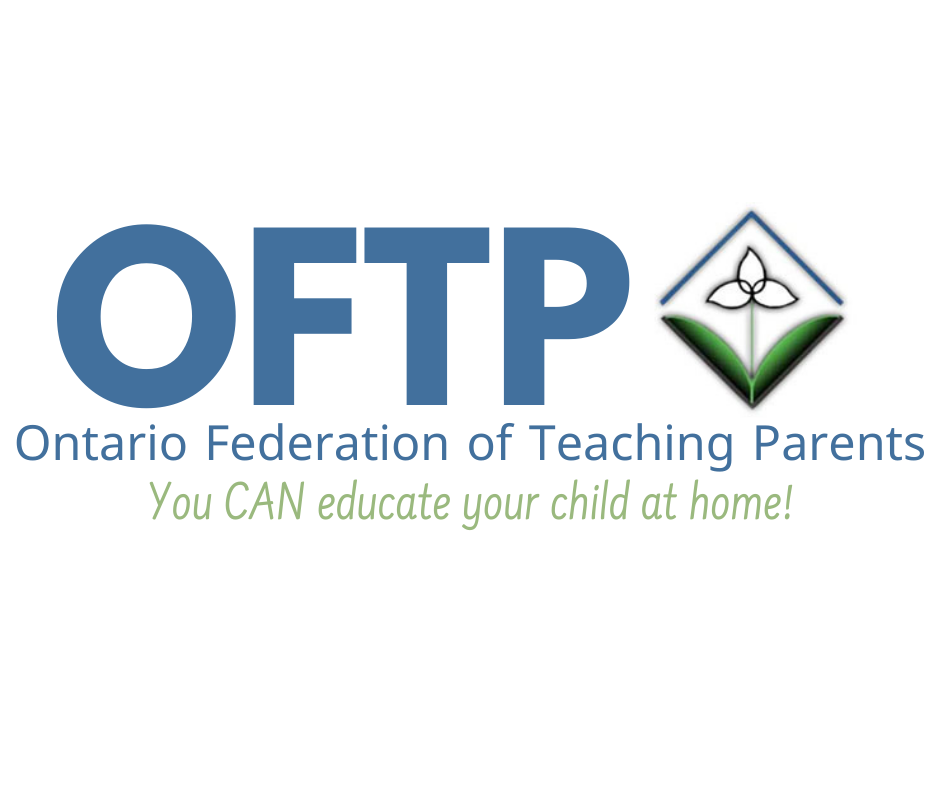We appreciate your decision to join us! Welcome to the OFTP!
We now have 3 different membership levels. Please choose the membership level that suits your situation.
Active Membership
For families who are currently or will be homeschooling in the next 3 years.
Alumni Membership
For families who were homeschooling, but are no longer, and still wish to support the OFTP.
Supporter Membership
For families who would like to support the work of the OFTP.


